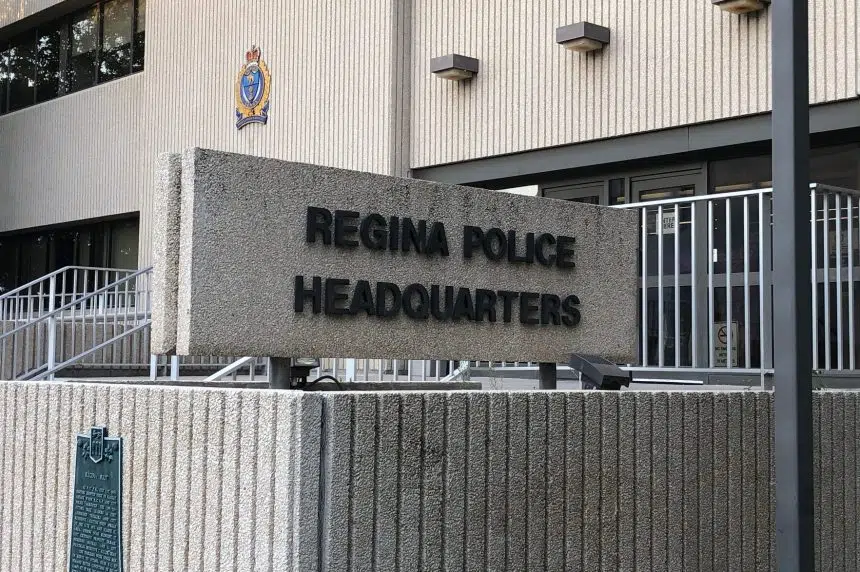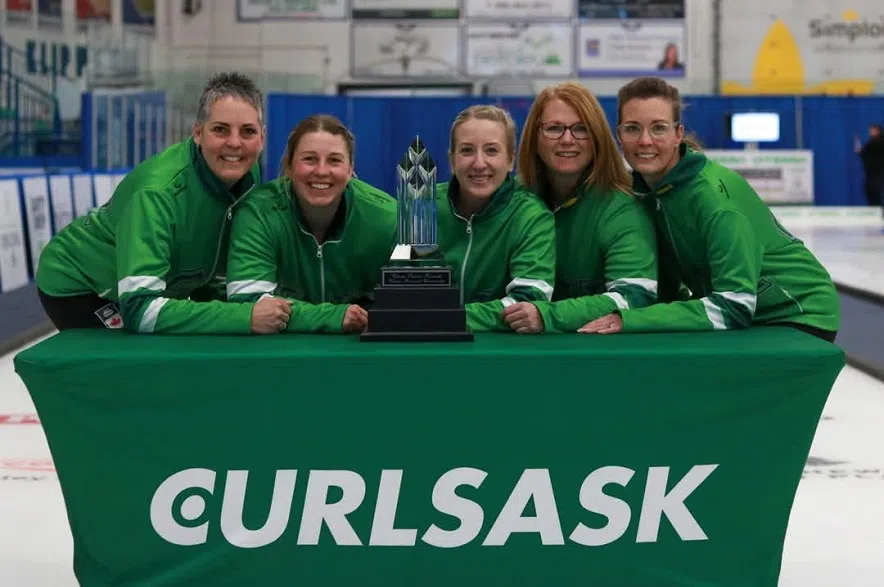The Regina Police Service would like to see frontline officers go to the front of the line for COVID-19 vaccinations.
In a media release Wednesday, the police service said it hopes the Saskatchewan government will “reconsider its decision” about not including officers and employees of the police force in the early stages of Phase 2 of the vaccination plan.
On Tuesday, the government said Phase 2 will start with people in the 60-to-69 age group and then drop by 10-year increments from there. Other priorities in that phase are residents and staff of emergency shelters and group homes for persons with intellectual disabilities, as well as clinically extremely vulnerable adults.
The RPS said doing vaccinations by age will leave officers unprotected, even though they’re in regular contact with people in the community who have COVID.
“We are disappointed in this decision,” Chief Evan Bray said in the release. “Our frontline officers are being asked to help in situations where people who are COVID-positive, and a risk to the community, are refusing to isolate. This is in addition to our regular duties which often put us into contact with COVID-positive individuals.”
Casey Ward, the president of the Saskatchewan Federation of Police Officers, agreed with Bray’s sentiments.
“I don’t think people fully understand the role the police are having in the pandemic,” Ward said. “We’re getting sent to a lot of these detention orders where a person is not complying with their health regulation to isolate.
“We have to detain them, we have to house them in our cells, we have to take them to hospital to be cleared and then, for the most part, we have to transport them up to North Battleford because the sheriffs won’t.
“I think (frontline officers) should be between the Priority 1 and the Priority 2. We always thought we would fall into that end of the first priority. We want to make sure our health-care workers, nurses and our doctors and paramedics have all been vaccinated and we thought we’d fall into the tail end of that.”
The RPS said officers don’t always know the nature of the calls to which they’re responding, so they may not be able to use personal protective equipment to avoid exposure to the virus.
“We agree that prioritization shouldn’t be for all police,” Bray said. “It should, however, be done in a way that it gives our front line this immunization so that they can continue to safely protect our community.”
“We’re not saying that some of our investigative units that are able to mitigate their risk if they’re doing interviews, set up in a safe way and personal protective equipment on (should be given priority),” Ward said.
“(We’re talking about) our frontline members that are going out to execute these detention orders (and who work in) our cell block where they have to house COVID-positive members.”
Ward said he has spoken to members of the general public, including his own parents, who agree that police should be higher up in the priority list.
“They have an easier chance to protect themselves,” Ward said. “Although they’re at a higher risk, they’re not being sent out to a call or to a place where there’s a COVID-positive person there, having to have physical interaction with them, whether you’re putting your hands on them to arrest them and handcuff them and transport them.”
The release said the RPS has contacted the provincial government in hopes of discussing the situation.







